ID..Slug on juicy Cabbage
Coffee4Two
9 years ago
Related Stories
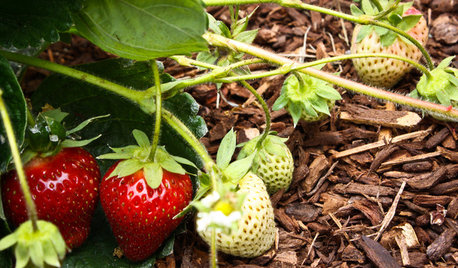
SPRING GARDENINGSummer Crops: How to Grow Strawberries
Pluck your own sweet strawberries right from the garden vine for smoothies, salads or eating then and there
Full Story
GARDENING AND LANDSCAPINGWorld of Design: 10 Home Gardeners Show Us Their Sweet Summer Harvests
From New York to Tokyo, these gardeners have turned their yards, terraces and rooftops into places of bounty
Full Story
FALL GARDENING7 Reasons Not to Clean Up Your Fall Garden
Before you pluck and rake, consider wildlife, the health of your plants and your own right to relax
Full Story
GARDENING AND LANDSCAPINGBid Bad Garden Bugs Goodbye and Usher In the Good
Give ants their marching orders and send mosquitoes moseying, while creating a garden that draws pollinators and helpful eaters
Full Story
EDIBLE GARDENSHow to Grow Your Own Sweet Summer Crops
This guide will help any gardener get started on growing the freshest warm-season veggies and berries for summer
Full Story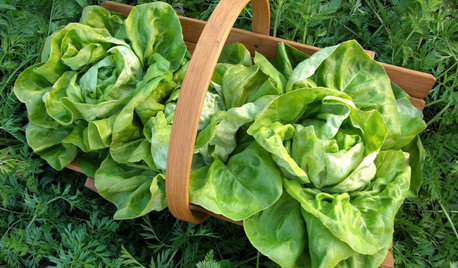
GARDENING GUIDES10 Easy Edibles for First-Time Gardeners
Focus on these beginner-friendly vegetables, herbs, beans and salad greens to start a home farm with little fuss
Full Story
MOST POPULARHow to Start a Cool-Season Vegetable Garden
Late summer and late winter are good times to plan and plant cool-season crops like salad greens, spinach, beets, carrots and peas
Full Story
SUMMER GARDENINGPhoto Gallery: Summer Gardens Take a Bow
Home gardeners amazed us with photos of their flower beds, sheds and outdoor rooms. Take a look and get ideas for fall planting time
Full Story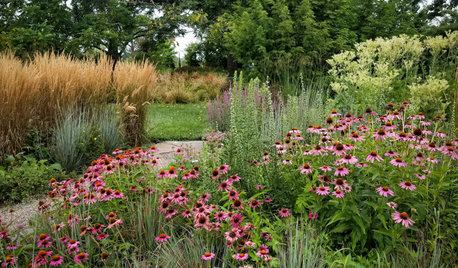
FALL GARDENING20 Favorite Flowers for the Fall Landscape
Vivid blooms and striking shapes make these annuals and perennials a delight in autumn gardens
Full Story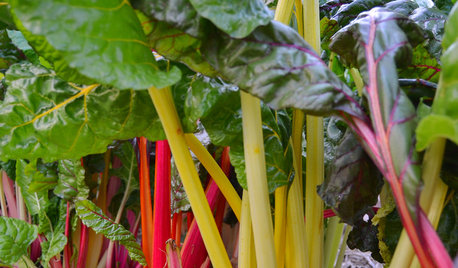
GARDENING GUIDESCool-Season Vegetables: How to Grow Chard
A year-round garden favorite with a colorful stem, Swiss chard comes into its own in early spring and in fall
Full StoryMore Discussions








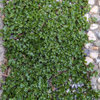
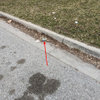
Coffee4TwoOriginal Author
ken_adrian Adrian MI cold Z5
Related Professionals
Fillmore Landscape Architects & Landscape Designers · Kyle Landscape Architects & Landscape Designers · Lowell Landscape Architects & Landscape Designers · Saint Louis Park Landscape Architects & Landscape Designers · Garden City Landscape Architects & Landscape Designers · Canton Landscape Contractors · Essex Landscape Contractors · Fort Myers Landscape Contractors · Harvey Landscape Contractors · Hoover Landscape Contractors · Lynn Landscape Contractors · Mesa Landscape Contractors · Ridgewood Landscape Contractors · Round Lake Landscape Contractors · View Park-Windsor Hills Landscape ContractorsCoffee4TwoOriginal Author
rhizo_1 (North AL) zone 7
rhizo_1 (North AL) zone 7
Coffee4TwoOriginal Author
Kimmsr